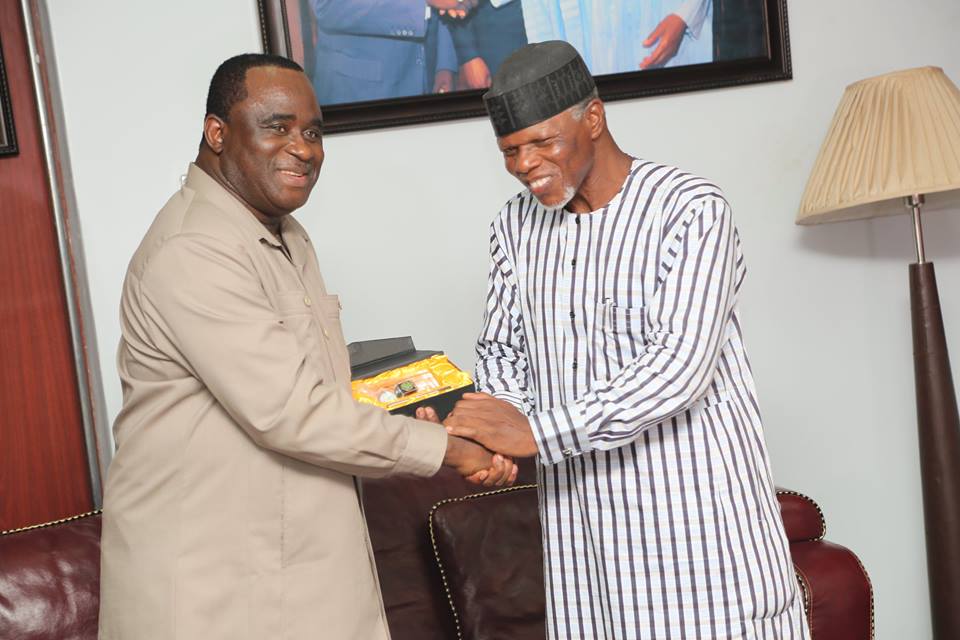The National Agency for Food and Drug Administration and Control (NAFDAC) has said that it would establish mobile laboratories in various parts of the country to check the movement of contaminated agricultural products.
Paul Orhii, Director General of NAFDAC, said this in Abuja on Monday when the Comptroller General Customs Col. Hameed Ali, paid him a courtesy visit.
Orhii noted that the distribution and sale of contaminated food items had become a major threat to health and the country’s economy and as such there was need for proper monitoring.
The NAFDAC DG said that the organisation decided to establish the laboratories following deadline given by the European Union (EU) for the establishment of a risk management system to monitor contaminated food export.
“The European Union has given us a deadline of June 16 next year for us to have a risk management system in place for the reduction of these contaminants in the food export.
“Imagine that what is being rejected at the international market is what we eat here and we are also worried of the increased level of cancers, kidney failures and different diseases in this country.
“We have taken on that job to ensure we deploy mobile laboratories that will go from farm to farm, market to market, so that we can identify at what point the contaminants get into this products.
“Once we identify it, we will conduct public awareness workshops for the people who are growing these foods and exporting them,” Orhii said.
He urged Customs to ensure that food products were properly tested before leaving the shores of the country to avoid being rejected at the international market.
The NAFDAC boss said the agency was concerned because of the health hazard the contaminated food product posed to citizens of the country and the international community.
“I recently came back from Japan where concerns were raised about the quality of some food products that are exported from the Nigerian market.
“They are interested especially in agricultural products like sesame seed, beans but sometimes these products contain dangerous chemicals; we have that incident before where we started collaborating with Customs.
“When we came in Nigerian cocoa beans were rejected at the international market because of this chemicals but we organised workshop for cocoa growers in Akure, and since then, our cocoa import has improved,” he added.
The customs boss said that the purpose of the visit was to strategise with NAFDAC on how the war on fake and counterfeit products would be won.
He advocated for a forum to be created where NAFDAC would collaborate with law enforcement agencies, including customs on issues of counterfeiting.
“We are here to create that bond, synergy and platform so that all of us can operate easily.
“If you are doing something which other agencies can benefit from, it cuts cost and at the same time reduces problem; it strengthens the synergy among us.
“There is no information we can hide between ourselves; we need to have those information so that we can act.
“If we are going to inspect containers you will be there; if somebody is bringing in rice and other food items, you have to be there to certify that it is consumable,” Ali said.
He said NAFDAC and Customs would work effectively and efficiently, when both agencies collaborate to fight counterfeiting.
